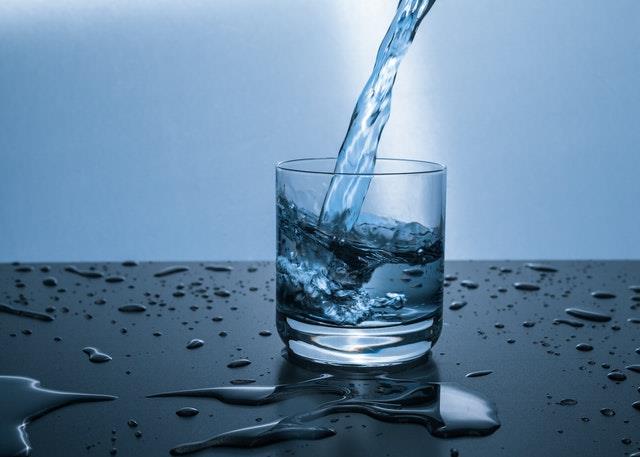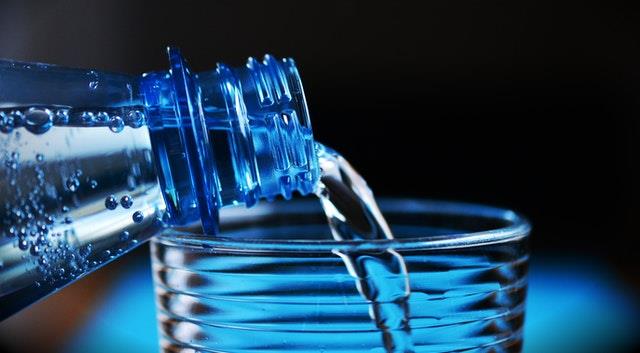Water is a pure chemical compound that earth needs the most. No life on the planet can exist without abundant fresh and clean water. Even the human body consists mostly of H2O. However, this life source can do as much damage to your body when not properly purified. Untreated water can contain chlorine, fluoride, and dioxins. In some cases, dangerous microorganisms could be swarming unfiltered water. And the intake of impure water can lead to severe health issues, such as diarrhea, sepsis, and cholera.
The Importance of Water Treatment
Water treatment is necessary for so many things. At water plants like Dowdens Pumping & Water Treatment, they provide solutions across a variety of industries that need a sound system and clean water. Nearly 3% of the freshwater on earth is suitable for drinking. But today, due to the increasing population and developmental changes, it is not safe anymore to drink from lakes, reservoirs, and rivers as it may contain microorganisms and pathogens that can be deadly on plants, animals, and human health.
With water treatment services, drinking from these water bodies is possible once again. You can improve the quality of water by availing services from Pumping & Water Treatmentcompanies. They permanently remove solids and other harmful chemicals and use them for different applications or getting it back to the ecosystem safely.
If you want excellent ways to purify water, read more. This article also consists of how to filter water for safe consumption.
Process of Purifying Water
- Most water companies use reverse osmosis for purifying water. It is a water treatment process that separates larger particles of pure water using pressure to force water through a semipermeable. Reverse osmosis can turn seawater into drinking water. This process can also produce energy and best use for wastewater treatment.
- You may know that boiling the water for 1-3 minutes can kill germs and parasites that eyes barely see. It’s the cheapest and safest process of purifying water. Your ancestors know this technique as long as they can remember. Be sure to cover and let the water cool after the boil.
- In comparison to reverse osmosis, filtration is more effective when it comes to eliminating smaller molecules like chlorine and insecticides. This method uses chemical processes and physical techniques to get water for safe consumption. Filtration cycle removes both large and small compounds that pose threats to human health.
- Another form of water purification is distillation. This method uses heat to vaporise the water and collect it in a kind of vapour. After cooling, the vapour returns into pure water, safe for drinking.
- Distillation is efficient in removing gems, salts, and heavy metals, such as lead and mercury. This is the best method for people who have access to rivers, reservoirs, and lakes and want some drinkable water. However, it’s only ideal for small quantities because massive amounts can cost you a lot compared to cheap energy sources.
- Homeowners generally use chlorination for treating household water. Chlorine tablets or liquids can kill germs, parasites, and other organisms found in tap and groundwater. This technique is usually used in swimming pools to prevent the spread of diseases. It’s essential to apply chlorine first to heated water. It dissolves well at 21 degrees Celsius or higher water temperatures.
If you are looking for the best way to treat water at your place, services like Dowdens Pumping & Water Treatment have all the advice and tools to use. Let some experts provide you with good systems for healthy water consumption.


